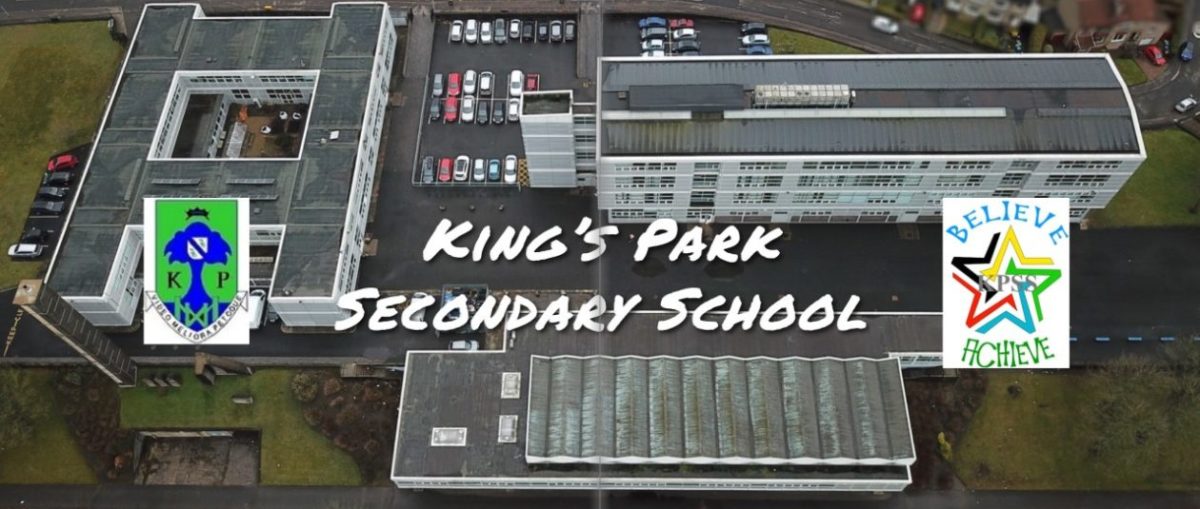In Music Technology learners are encouraged to become successful, independent and creative in their use of technologies and to develop attributes and capabilities including creativity, flexibility and adaptability; enthusiasm and a willingness to learn; perseverance, independence and resilience; responsibility and reliability; confidence and enterprise. Pupils will have the opportunity to develop skills in the use of music technology hardware and software to capture and manipulate audio; use music technology creatively in sound production in a range of contexts; develop an understanding of aspects of the music industry, including a basic awareness of implications of intellectual property rights; develop skills in the analysis of music in the context of a range of 20th and 21st century musical styles and genres.
The skills developed in music technology, such as time keeping, organisation, critical reflection, evaluation and personal target setting, are transferable across the curriculum and essential for pupils’ lifelong learning.
Understanding Music Technology
In this Unit, learners will develop knowledge and understanding of 20th and 21st century styles and genres of music, and an understanding of how music technology has influenced and been influenced by developments in 20th and 21st century music. They develop an understanding of aspects of the music industry, including a basic awareness of the implications of intellectual property rights. They also develop listening skills, enabling them to identify a range of genres and styles and their main attributes, and relevant music concepts in the context of 20th and 21st century music.
Music Technology Skills
Throughout the course, candidates develop a range of skills and techniques relating to the creative use of music technology hardware and software to capture and manipulate audio. These skills include using appropriate audio input devices, applying microphone placement techniques, constructing the signal path for multiple inputs, setting input gain and monitoring levels, overdubbing and editing tracks, equalisation, time domain and other effects, and mixing techniques.
Music Technology Contexts
Candidates gain experience in using music technology skills to capture and manipulate audio and sequenced data, and mix down to an audio master in appropriate file format, in a range of contexts such as live performance, radio broadcast, composing and/or sound design for film, audiobooks and computer gaming.
Assessment
National 5 Music Technology candidates undertake two creative productions which assess the practical application of knowledge and skills from the course to plan, implement and evaluate creative productions using music technology. Candidates may choose to produce an audiobook, a Foley project or a radio podcast. The assignments are sent to the SQA and make up 70% of the total mark. The understanding music technology and music technology contexts elements are assessed in the form of a question paper which will test the learner’s knowledge and understanding of music concepts and musical literacy, and makes up 30% of the total mark.
Progression
Future possible career paths include a range of opportunities within the creative industries and beyond such as; Foley Artist, Software Engineer, Music Producer, Sound Engineer, Studio Manager, Audio Visual Specialist, Audio and Lighting Technician, Recording Artist.

